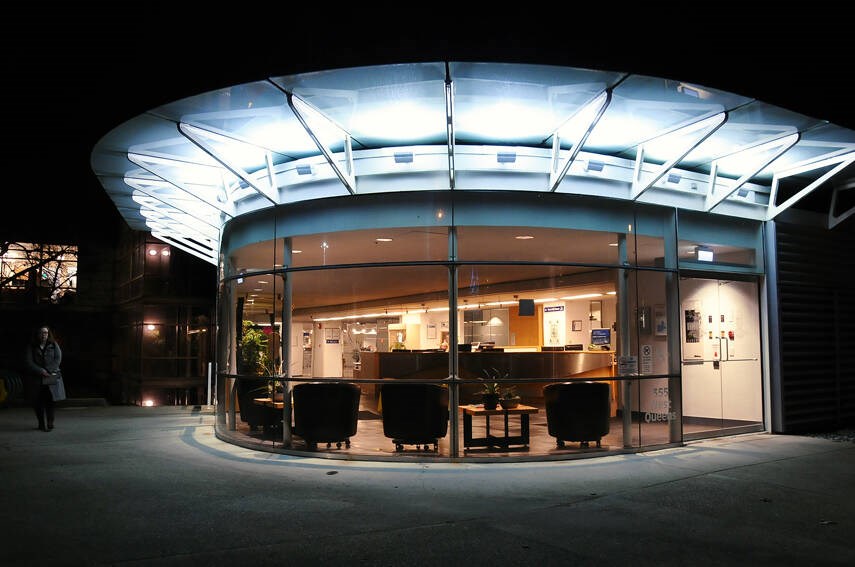Seven per cent is the new three per cent when it comes to annual property tax increases.
That was the message this week as District of North Vancouver council gave third reading to a “status quo” budget bylaw which calls for a seven-per-cent tax hike.
The seven-per-cent tax increase will mean a $180 tax hike to the average home in the district and is significantly higher than the usual three per cent tax hike council has typically approved.
District staff said higher taxes are the result of inflationary pressures, particularly in the areas of construction and wage increases, and are needed to maintain services and deliver on council priorities.
Mayor Mike Little said Monday he’s not enthused about the higher-than-usual tax hike, but added, “I don’t see a way around this at this time.”
Bids on district construction contracts are coming in “dramatically higher than originally planned,” Little noted, adding some of those projects are needed just to keep district infrastructure in good repair.
Most councillors agreed with those sentiments, with Coun. Herman Mah commenting, “We either pay now or potentially pay more later.”
But Mah said he’d like to see staff propose some cuts in the next budget.
Coun. Jordan Back said he also doesn’t want to see seven-per-cent increases become the norm.
“But at the end of the day, we have made a number of commitments to the community, and I’m pleased that all of those commitments are being honoured in this year’s budget.”
Both Couns. Jim Hanson and Lisa Muri voiced concerns about taxpayers’ ability to keep paying more tax, especially seniors on fixed incomes.
Hanson said he’s disturbed by the suggestion that “everyone in the district is wealthy because they have expensive homes. The truth is that people in the district have a great range of income levels. And I don’t want it to become an assumed fact that we’re just going to increase taxes as much as necessary because the public can afford to pay it. They can’t,” he said.
Muri said increased development has not kept up with costs associated with servicing that additional population.
“I have heard for 28 years, ‘Well it’s only $25. It’s only $35. It’s only $55. It’s only $100,’” she said of continued tax increases. “When is too much too much?”
The district’s total budget for next year is $387.6 million, which includes $220.7 million for operating costs, $85.3 million in capital project spending, $6.3 million in debt servicing costs and an allocation of $75.3 million towards reserves.
The district’s five-year capital plan includes $550.5 million in spending, including $212.2 million on maintenance and repairs and $338.3 million on new capital projects.
Among the spending on new projects is $181.8 million on “transportation and mobility” projects, including $56.4 million on “active transportation,” $19.4 million towards addressing housing needs, $16.1 million towards “climate adaptation,” $1.5 million in “climate mitigation” and $17.4 million for utility upgrades. The capital plan also includes $92.3 million towards “community health and safety,” including $16.6 million towards artificial turf sports fields, and $21 million towards facility upgrades and technology.
A majority of council gave third reading to the financial plan, with Muri opposed as a “protest vote.”
Council expects to adopt the financial plan later this month. A bylaw setting tax rates must be passed by the middle of May.



